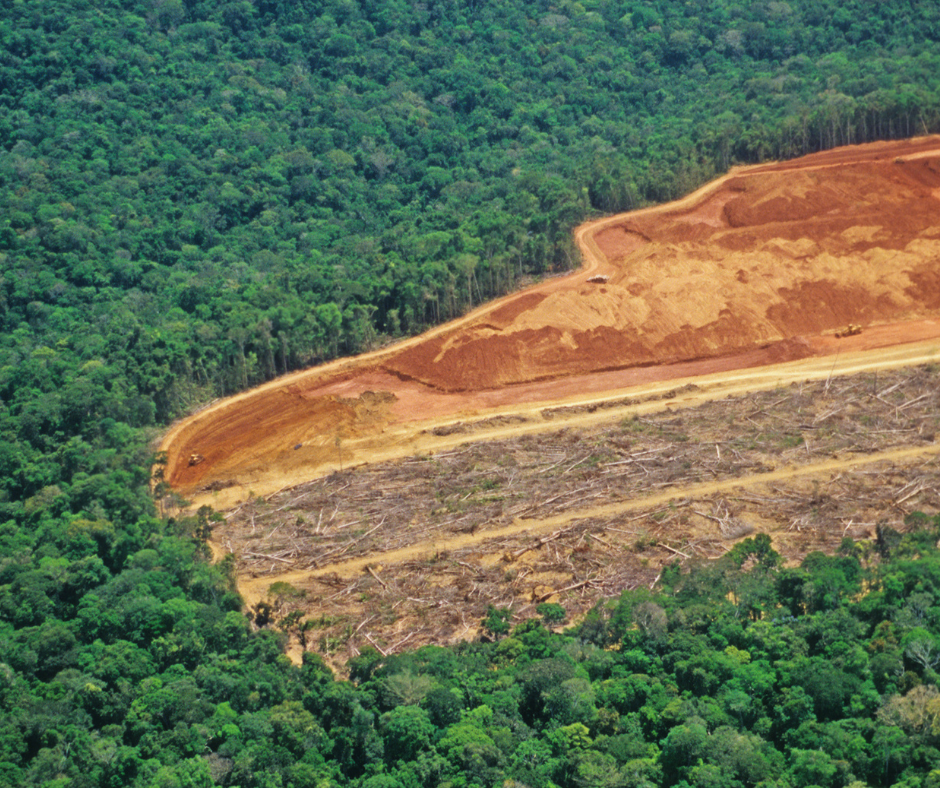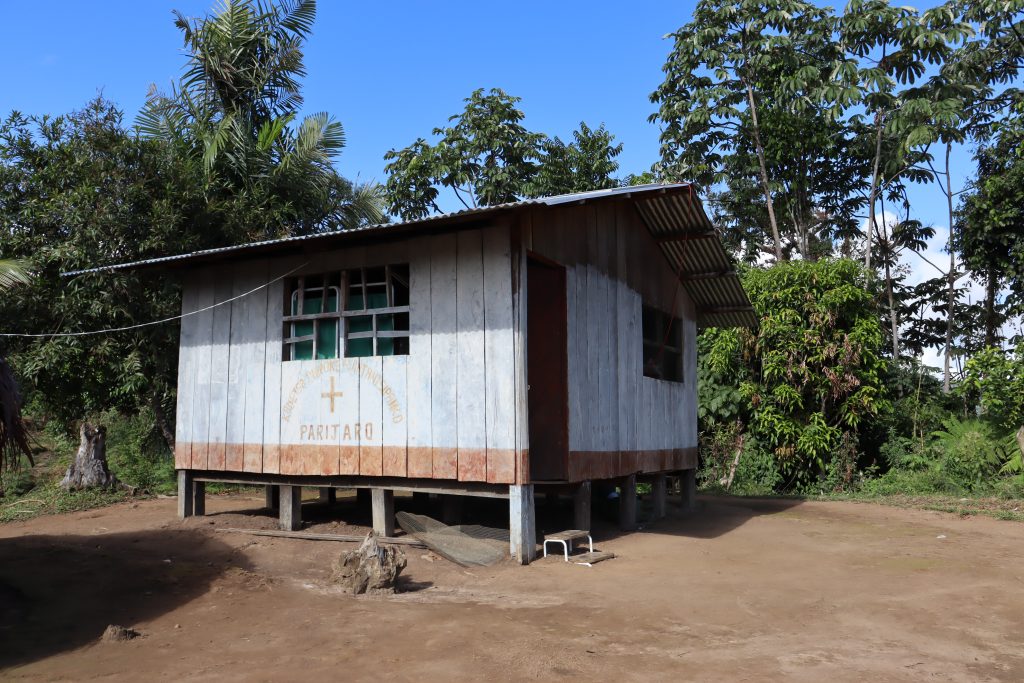5 emergencies facing Indigenous communities
Here are 5 emergencies faced by Indigenous communities due to the climate crisis
Indigenous people and local communities are disproportionately affected by the climate crisis due to the fact that they live in climate-vulnerable areas and regions prone to extreme weather events.
They also have limited access to resources and infrastructure to face the impacts of climate change. Here are some of the most urgent situations:
- Loss of natural resources
Indigenous and local communities rely on natural resources for their subsistence, but these natural resources are being depleted as a result of the climate crisis. Disrupted climate patterns and biodiversity loss are affecting the availability of food, water, and traditional medicines.
This endangers food security and the health of these communities, who face the challenging task of adapting to these new conditions and finding sustainable ways to survive. For example, in regions where the climate is becoming drier, traditional crops can fail, leaving communities without a reliable food source.


- Forced displacement
Indigenous and local communities often depend on land and natural resources for their livelihoods. As these resources become scarcer, forced displacement, food insecurity, and increased poverty increase.
Forced displacement and land loss can lead to the disintegration of social and community structures, as well as the loss of unique languages, customs, and traditions. In 2020, 30 million people worldwide were forced to leave their homes due to climate-related disasters[1]Save the Children | LA CRISIS CLIMÁTICA FUERZA A UN NÚMERO CRECIENTE DE NIÑOS, NIÑAS Y ADOLESCENTES A DEJAR SUS HOGARES CADA AÑO), a number three times larger than the displacement caused by conflicts and violence.
- Impacts on health and well-being
In many cases, Indigenous people and local communities lack the healthcare infrastructure and resources to deal effectively with diseases and natural disasters that are made worse by extreme temperature changes.
The World Health Organisation predicts that between 2030 and 2050, climate change will cause an additional 250,000 deaths annually from malaria, diarrhoea, extreme heat, and malnutrition[2]La OMS insta a los países a proteger la salud contra el cambio climático (who.int. Many of these deaths will disproportionately affect the most vulnerable communities, including Indigenous and local communities.


- Loss of culture and identity
Indigenous peoples and local communities possess a wealth of traditional and cultural knowledge passed down from generation to generation. However, as their environments rapidly change, their ways of life are disrupted, jeopardising their ancestral knowledge of sustainable resource management and adapted agricultural techniques.
The loss of this knowledge deprives the world of an important source of wisdom to address environmental challenges that provide innovative and sustainable solutions to the climate crisis. It is crucial to value, preserve, and promote cultural practices and traditional knowledge.
- Lack of representation
Indigenous people and local communities are often excluded from decision-making processes concerning climate change. This prevents them from having a voice in how climate change affects their lives and how it can be addressed.
The climate crisis is having a devastating impact. Indigenous and local communities face a series of urgent and unprecedented situations, including loss of land and livelihood, increased vulnerability to extreme weather events, health impacts, loss of culture and identity, and lack of representation in decision-making spaces.
It is important we take action to address these urgent situations. This includes prioritising resources needed to adapt to the climate crisis, ensuring their voices are heard in decision-making processes, and protecting their traditional lands and resources.
In taking action to address these urgent situations, we need to empower their voices and create choices to build a more resilient future for everyone.
